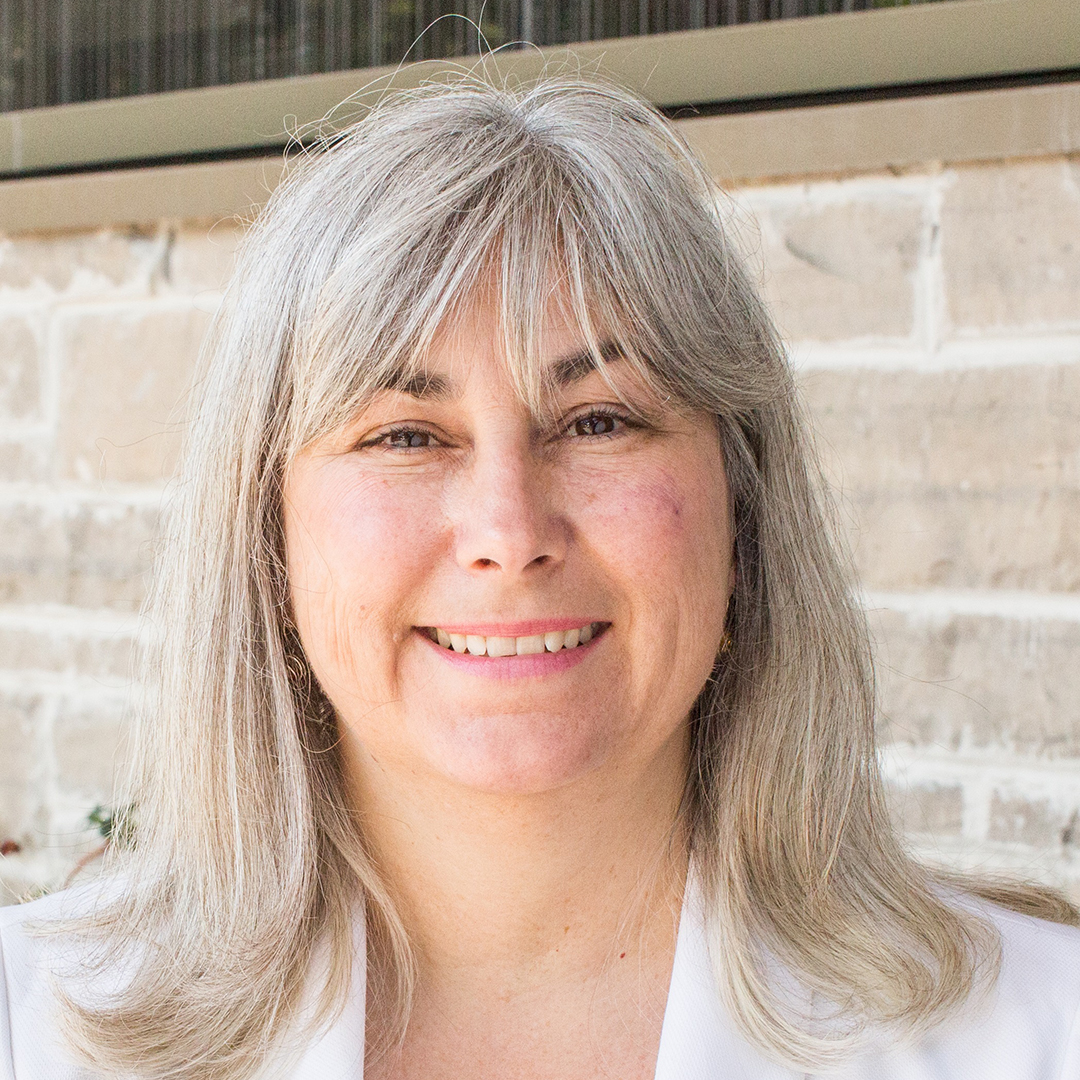
By Elaine Smith
The University of Toronto’s David Asper Centre for Constitutional Rights is Canada’s only university-based organization in Canada devoted to advocacy, research and education in the areas of constitutional rights. At the heart of its valuable work is executive director Cheryl Milne, recently named a 2025 recipient of U of T’s Chancellor’s Leadership Award in the distinguished leader category.
The Chancellor’s Leadership Awards recognize administrative staff and librarians who demonstrate outstanding leadership and significantly advance the University’s mission to foster an academic community in which the learning and scholarship of every member may flourish.
Milne, a well-known advocate for access to justice and the rights of marginalized groups, is a worthy recipient of the award, overseeing the Centre’s growth and flourishing since its inception in 2008, and she is honoured to be chosen.
“I really enjoy the work that I do, but even so, it is very gratifying to receive the recognition,” says Milne, who was nominated by Brittany Twiss, assistant dean of the JD program at the Faculty.
Milne leads the Centre’s advocacy efforts, which take various forms: intervening in cases at the appellate level, all the way to the Supreme Court; holding symposiums and conferences that focus on important issues in constitutional rights and give rise to publications; organizing student co-curricular working groups to explore constitutional law topics in depth; recruiting a constitutional litigator-in-residence; and running a student legal clinic that provides Faculty of Law students with practical experience. An advisory group oversees her efforts: “they have been very supportive of my vision and I am fortunate to be able to draw on their expertise,” Milne says.
For example, after the United States Supreme Court overturned Roe vs. Wade, the law that guaranteed American women the legal right to abortion, Asper Centre students with the guidance of Professor Emerita Rebecca Cook, convened a 2023 working group to examine abortion rights in Canada and organized a Zoom symposium on the topic that allowed Canadian experts to talk about the gaps in Canada’s laws. Afterward, U of T law students drafted a report about abortion access in Canada.
Impressively, the Centre has intervened in more than 40 legal cases to date, often collaborating with not-for-profit organizations. Last year, it was granted intervenor status in the Canadian Council for Refugees case that looked at how the Charter of Rights and Freedoms interpreted equality rights concerning Canada’s safe third-party agreement with the United States. The Centre, in partnership with LEAF and WestCoast LEAF, argued that the lower courts had failed to address the arguments made by the claimants that the U.S. was not a safe place to return refugee claimants who crossed the land border into Canada because there is discrimination against certain classes of people with regard to sex or gender identity. The Supreme Court has sent the case back to the lower courts to assess the equality rights arguments. Interestingly, the landscape has changed, Milne notes.
Students play an important role at the Centre, participating for credit each fall in the legal clinic. The seminar includes guest speakers, and the students do hands-on work with cases, draft written arguments and strategize, says Milne.
Students also produce a constitutional law podcast four to six times a year. Summer students research relevant issues and help draft scripts that cover constitutional case law in return for a production credit. The podcast, Charter: A Course, is now entering its fifth season.
“It’s exciting to work with Faculty of Law students,” Milne says. “They are enthusiastic, interested, brilliant and have drive.
“Essentially, students are involved in all areas of what we do.”
Looking ahead, Milne is preparing for a review of the Centre’s current five-year strategic plan and the creation of the next iteration.
“Our plan will be up for discussion,” she says. “We’ve been very successful, so to some extent, we’ll do more of the same, although we want to do more policy advocacy.
Milne recently hired a research associate and hopes the extra pair of hands will make more advocacy possible.
“If we only have the courts as an avenue for change, it can be frustrating, since they view the law incrementally,” Milne says. “Meanwhile, there are serious access to justice issues in this country, and there isn’t a huge amount of funding for it.”
After 16 years, Milne’s passion for the Centre’s work hasn’t waned.
“Constitutional law is a very interesting area of law and a challenging one,” she says. “It’s about social policy and the big issues like discrimination, life and liberty.
“It’s one area of law that touches so many and that makes it always interesting and diverse. I share our students’ enthusiasm for it.”

